Back To Basics Is KeyGetting back to basics is key this year as many children strive to catch up after a year of online learning and missed opportunities for individual support due to the pandemic. Last week I spoke about focusing on the mental health of the kids first and academics second. That doesn't mean that we stop teaching the academics and following the curriculum, but we need to find the balance that will support the students where they are at. Returning to some of the basics will be key. Literacy IdeasFor younger children, literacy is huge. Developing and nurturing literacy skills is important. This may include phonics, phonemic awareness, word attack skills, emergent reading and writing activities, and guided reading groups. Sometimes all of these will be needed as the range in primary classrooms can be developmentally wide. Choosing activities that are interactive and hands on will be more engaging than worksheets and will also allow for small group work so that everyone can be working on different skills or concepts that are appropriate. This will require some assessment, preparation, and scheduling, but it will be worth it. Check out my guided reading post to see how I managed this in a multi-level classroom. Math ideasFor math, most curriculums work with a spiral approach so that skills are reviewed and then built on as the concepts are mastered. This is a good practice and makes it easier to adjust to meet the needs of the kids. In the primary grades it is important to make sure that the activities start with the concrete before moving to the abstract. Some kids are able to do this quickly and others will require additional practice with hands on activities. Small group activities and guided math situations will help with this as well. As with the literacy activities, you will need to assess, prepare, and schedule things to make them run smoothly. Check out this blog post for tips that help kids struggling with math. Social studies in the primary grades can be global or community based depending on the specific concepts being taught. Mapping activities can be simple or complex to fit the needs of the children. Studying about the community and more global ideas can also be made simpler or more detailed for the children. Project based activities work well for this. Check out this post to see how I successfully used projects with my primary classes. You can also grab a mapping activity from my followers free resources page if you have subscribed to my newsletter. As for science choose a few different areas and focus on them. It isn't necessary to do all the different topics. This will allow deeper learning and concept development. Kids love doing science experiments and learning about how things work. You can even add in a project if it works. There is a free gravity experiment on my followers free resources page as well as some other free resources in my TPT store that may help you out. Related Posts
0 Comments
Leave a Reply. |
About Me Charlene Sequeira
I am a wife, mother of 4, grandmother of 9, and a retired primary and music teacher. I love working with kids and continue to volunteer at school and teach ukulele. Categories
All
|
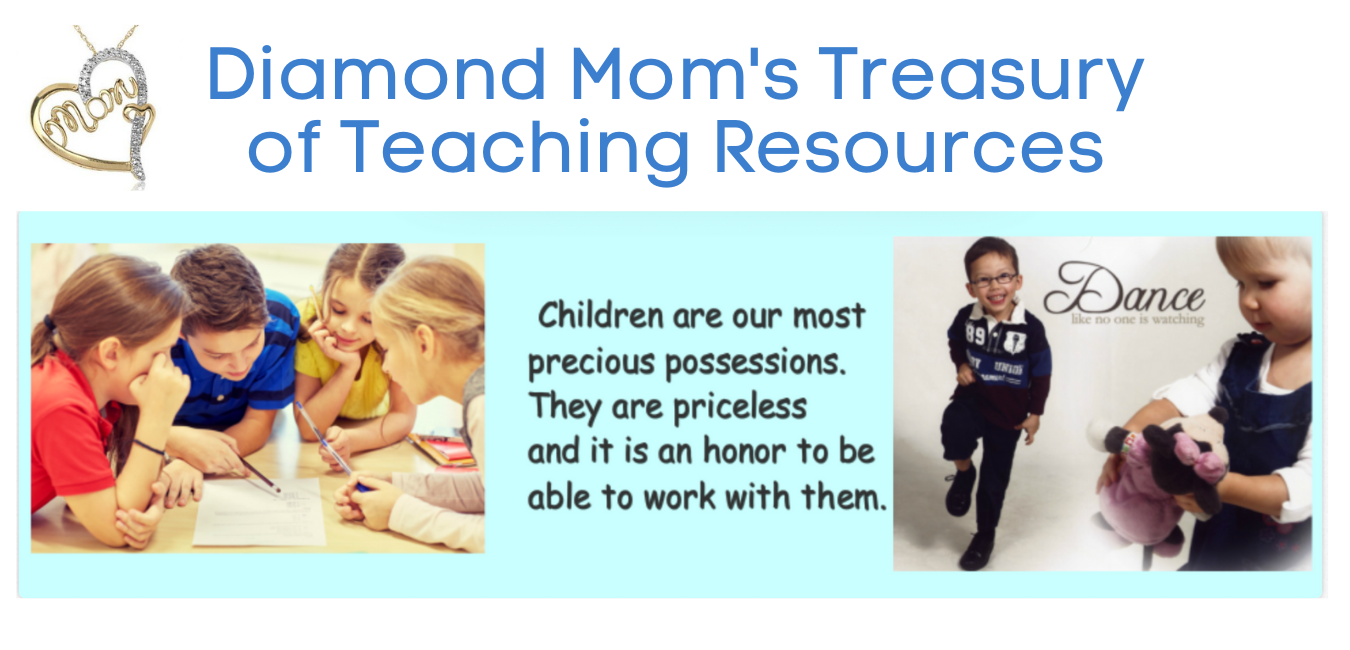
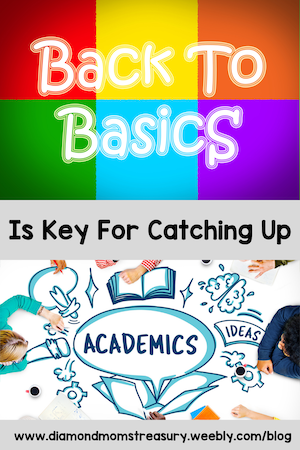
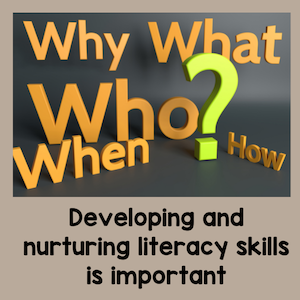
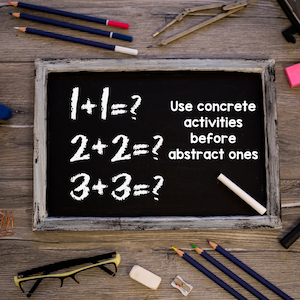
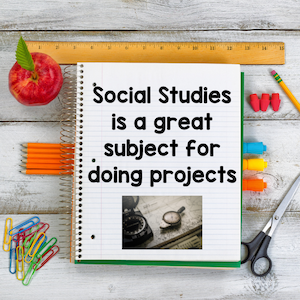
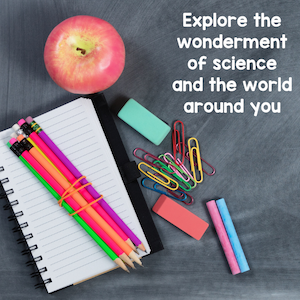
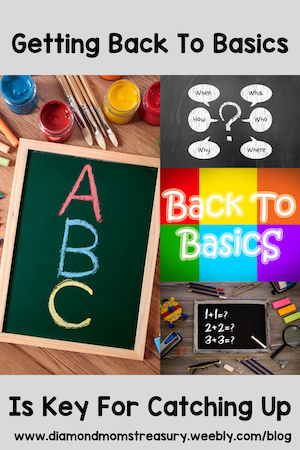

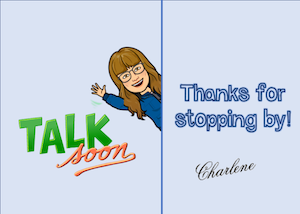
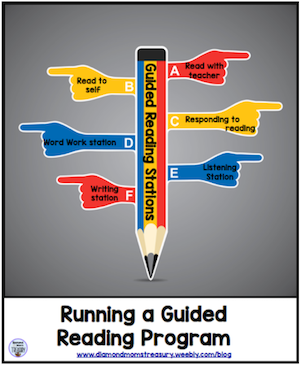
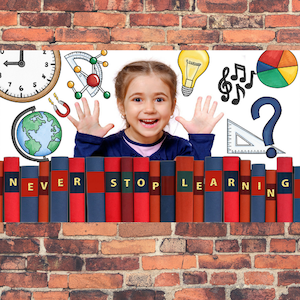
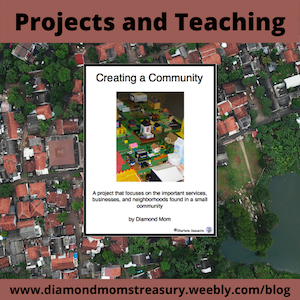
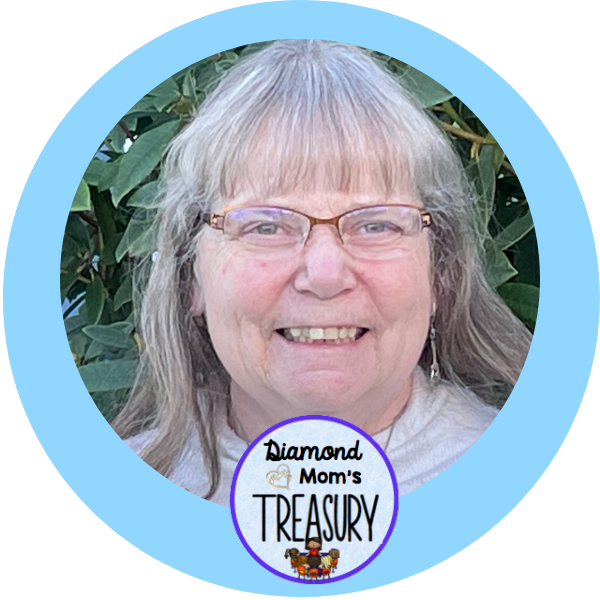


 RSS Feed
RSS Feed